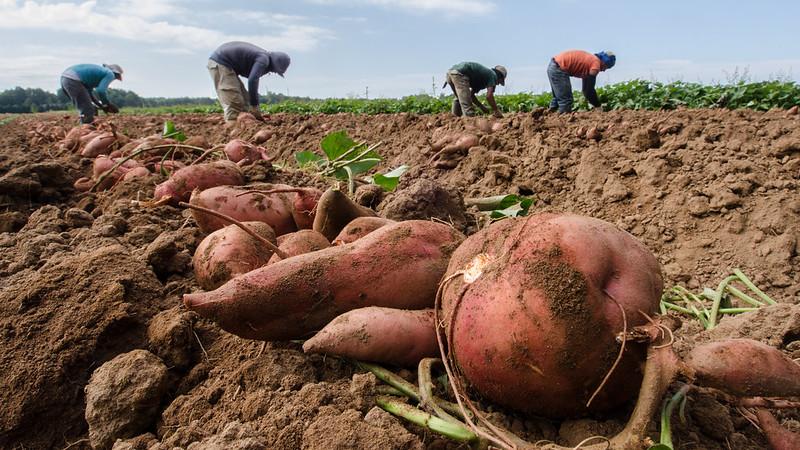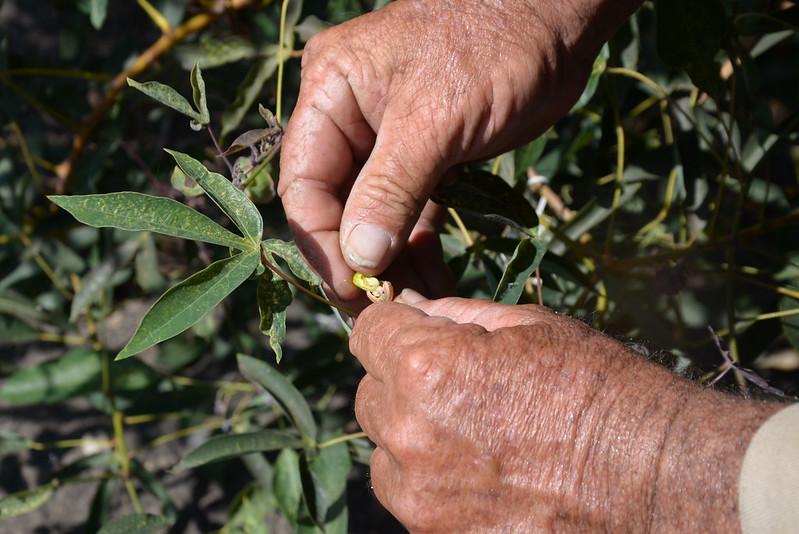2 min Read
What is a better season for root vegetables than winter? Potatoes find their home mashed or fried, sweet potatoes settle into sweet pies, and cassava become comforting tapioca puddings.
Besides being a cold-weather recipe favorite, these three root vegetables have something else is common. All of them can benefit from gene editing.
1. Potatoes
Despite their long shelf life and easy-to-store nature, many people toss out potatoes prematurely because these vegetables are quite prone to discoloration or browning even when they’re safe to eat and will still be delicious. Simplot is a company that has developed a gene edited potato that doesn’t bruise or brown so easily. This simple genetic tweak will save tons of potatoes from reaching landfills too early and emitting greenhouse gases. Read more.
Sweet potatoes are absolutely delicious, whether mashed and sweetened or sliced and salted. Unfortunately, garden pests are quite fond of sweet potatoes too. These little critters can cause serious problems for farmers depending on a high-yielding crop season, as well as an issue for the many people around the world that use sweet potatoes as a staple ingredient. Scientists are working on gene editing the sweet potato to successfully fight off weevils and roundworms while maintaining the crop’s high nutrient values. Read more.
3. Cassavas
Cassavas are a dynamic, multifaceted ingredient. Cassava Brown Streak Disease (CBSD) was first identified in Tanzania in the mid 1930’s. Since then, it has made its way across East Africa and continues to spread. This disease renders the cassava inedible, the soil unusable, and all farming tools that have even touched CBSD may have to be replaced. This is devastating for the small farmers in developing nations that rely on this crop to earn a living and eat this crop for survival. However, researchers are making progress in using gene editing to help cassavas defend themselves in a way that doesn’t harm humans. Read more.




